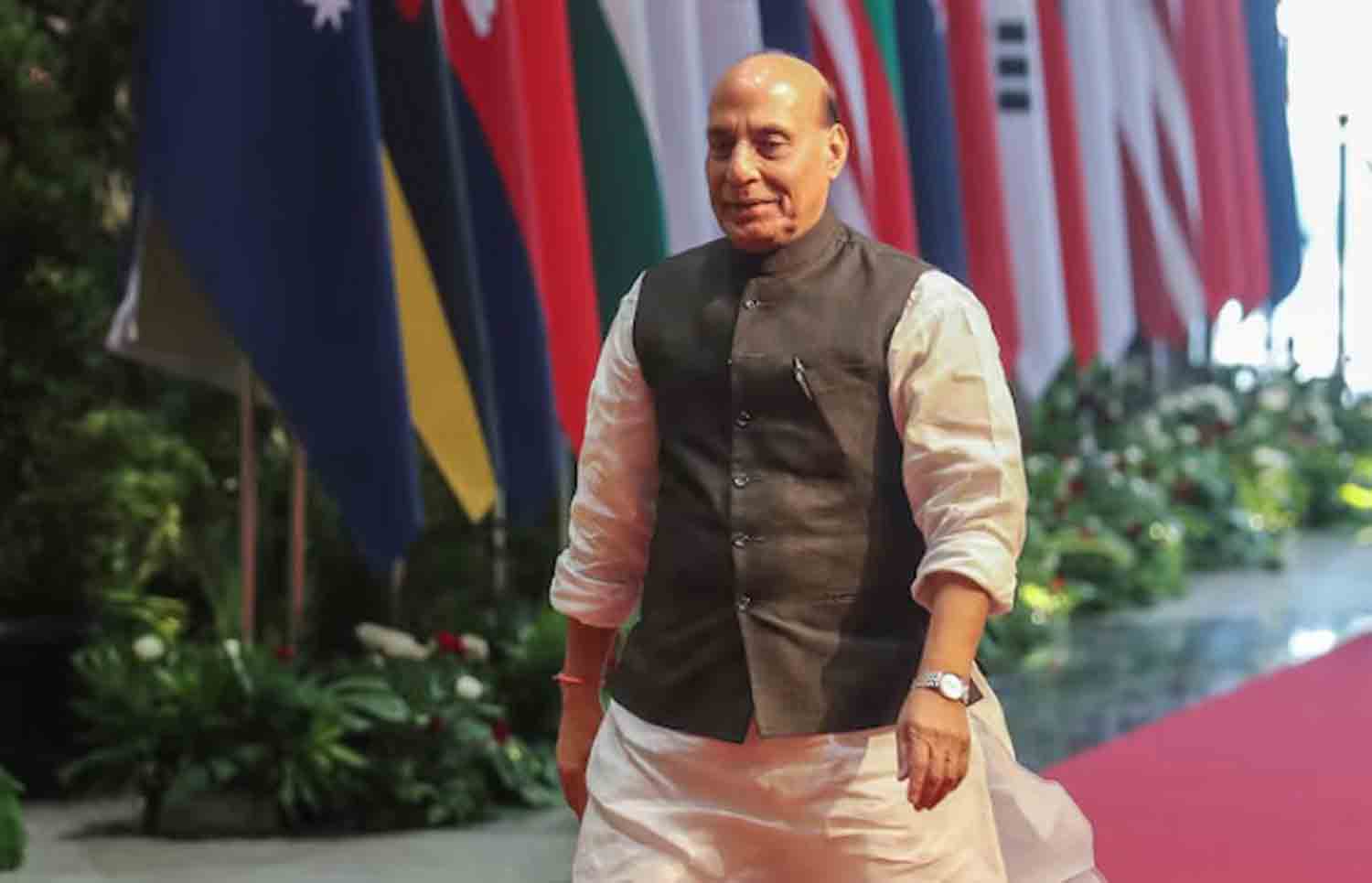Advisers to President-elect Donald Trump have acknowledged that the conflict in Ukraine is likely to take several months, if not longer, to resolve. This realization serves as a significant adjustment to his primary foreign policy commitment of achieving a peace agreement on his first day in office. Two associates of Trump, who have engaged in discussions regarding the Ukraine situation, informed Reuters that they anticipate a timeline extending over several months to address the conflict. They characterized the initial Day One promises as a mix of campaign exaggeration and a misunderstanding of the complexities involved, as well as the time required to establish a new administration.
These insights align with comments made by Trump’s designated envoy for Russia-Ukraine relations, retired Lieutenant-General Keith Kellogg, who expressed in a recent Fox News interview his hope for a resolution within 100 days—an expectation that significantly exceeds the president-elect’s original timeframe. However, John Herbst, a former U.S. ambassador to Ukraine and current member of the Atlantic Council, deemed even Kellogg’s timeline as “excessively optimistic.”
Herbst emphasized that for any progress to occur, Trump must convince Russian President Vladimir Putin that there are consequences for his obstinacy. During the lead-up to his election victory on November 5, Trump repeatedly asserted that he would finalize a deal between Ukraine and Russia on his first day in office, or even sooner. Nevertheless, by late October, he subtly adjusted his language, suggesting that he could resolve the conflict “very quickly.”
Since the election, Trump has moderated his rhetoric, often stating that he would “resolve” the conflict without specifying a timeline. He has indicated that concluding the war in Ukraine will be more challenging than achieving a ceasefire in Gaza. “I believe the Russia-Ukraine situation will actually be more difficult,” Trump remarked during a December press conference when questioned about Gaza. “I perceive it as more complex.”
Russia has conveyed mixed messages regarding a potential peace agreement, expressing openness to direct discussions with Trump while rejecting some proposals from his advisers as impractical. The Kremlin has refrained from commenting on the revised timeline from Trump’s team. Neither representatives from Trump’s incoming administration nor the Ukrainian embassy in Washington responded to inquiries for comment.
‘NOTHING OF INTEREST’
In recent months, Russia has made notable advances on the battlefield. Although these gains have come at a significant cost in terms of personnel and resources, many analysts suggest that Putin may prefer to delay a deal while attempting to secure additional Ukrainian territory. Herbst highlighted remarks made earlier this month by Russia’s UN ambassador, Vasily Nebenzya, who stated that the peace proposals from Trump’s advisers were “nothing of interest.” While the specifics of a potential Trump peace plan are still under consideration, his advisers generally advocate for removing the prospect of NATO membership for Ukraine from discussion, at least in the near term, and maintaining the current front lines.
Many senior advisers to Trump are in favor of providing Ukraine with a substantial security guarantee, which could include establishing a demilitarized zone monitored by European forces. The efforts of the Trump team to resolve the conflict have been inconsistent, highlighting the challenges that campaign commitments face in the context of intricate diplomatic discussions.
Kellogg, who serves as Trump’s envoy for Ukraine, delayed a scheduled trip to Kyiv prior to the inauguration, which was intended as a reconnaissance mission to assist officials in developing a peace strategy, as reported by Reuters last week.
The Ukrainian foreign ministry referenced U.S. apprehensions regarding potential violations of the Logan Act, which restricts private citizens from engaging in negotiations with foreign governments. “I don’t believe it’s suitable for me to meet (Putin) until after the 20th, which I regret because every day, many young people are being killed,” Trump stated during a press conference last week.
In the meantime, officials from the incoming Trump administration at the State Department, National Security Council, and other agencies are still determining who holds influence and authority over various geopolitical matters, according to one of Trump’s foreign policy advisers speaking to Reuters.
Discover more from Defence Talks | Defense News Hub, Military Updates, Security Insights
Subscribe to get the latest posts sent to your email.





